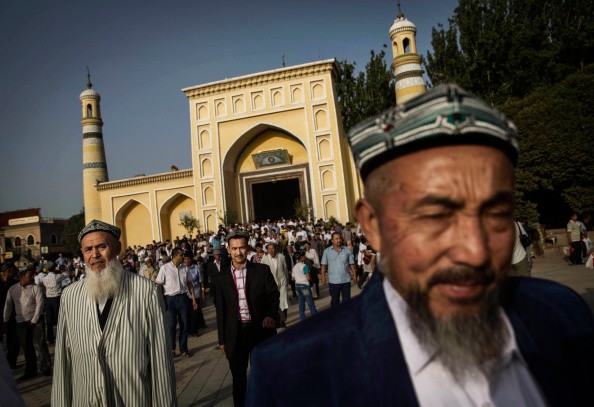Chinese President Xi Jinping stressed on the need to establish a "great wall of iron" to protect China's stability against separatists in Xinjiang, an autonomous region in the country's western frontier that is prone to Islamist separatist insurgencies.
Xi made his remarks in a meeting with lawmakers representing Xinjiang as the Communist Party of China holds the annual session of the National People's Congress in Beijing. China's most powerful man clearly sees the need to eradicate forces of the East Turkestan Independence Movement (EITM) in the region.
The EITM has been held responsible for attacks that has long stoked the flames of unrest between Xinjiang's ethnic Muslim Uighurs and the Han Chinese that form much of the region's population. Such has made peace in the conflict-ridden region relatively hard to maintain compared to the rest of China.
State Commissioner for counterterrorism and security Cheng Guoping noted in a Reuters report that terrorism in Xinjiang caused by the EITM stands as China's worst roadblock to the country's mission to achieve greater economic heights, as it seeks to maintain a stable and secure society.
Said comments were made in light of threats issued by the Islamic State against China, as it warned the world's second-largest economy that "blood will shed like rivers," Yibada reported. The Islamic State's video indicates the terrorist group's support for Xinjiang terrorists aiming for the region's independence.
However, human rights groups have dismissed reports of terrorism in Xinjiang as merely a collective reaction to Beijing's repressive approach to minorities, as they also cast doubt on the EITM's existence as a legitimate threat. The Chinese government flatly denied the existence of such repression.
To curb the influence of Xinjiang terrorists, the region's authorities have expressed their intent to release policy measures aiming to stop extremist ideas from spreading as soon as next month, with due recognition that not all kinds of extremism may resemble criminal acts.



























